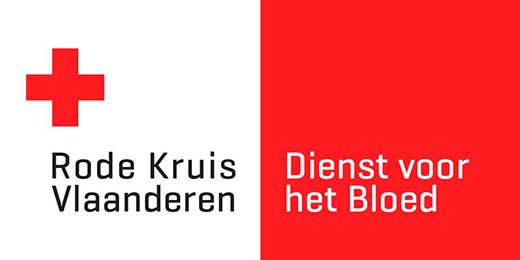Erythrocyte concentrate, phenotyped
The Blood Service can provide phenotyped erythrocyte concentrates.
The following describes a blood product that has specific characteristics that make it useful for patients with special requirements, mainly in terms of immunological compatibility.
Information on preparation, storage, etc. can be found in the original product sheet.
Product Codes
Code 'Blood Service'
Cfr original product sheet
NIHDI Code
Hospitalized: 752 463
Non-hospitalized: 752 452
Indications
Patients with clinically important antibodies requiring antigen-negative blood. Erythrocyte concentrates compatible for rhesus subgroups (CcEe), Kell, Duffy, Kidd and Ss are indicated for the prevention of alloimmunization in patients with chronic transfusion needs, such as patients with sickle cell anemia and chronic autoimmune hemolytic anemia.
Labeling
On the release label, the typed RBC antigens are listed below the ABO/RhD determination and in the lower-right quadrant. For each antigen, the result of the determination and the number of determinations on independent samples from the donor of interest is indicated by + (positive, 1 determination) or ++ (positive, 2 determinations) or - (negative, 1 determination) or - - (negative, 2 determinations).
Special precautions
For a product to be considered negative for a particular antigen, the determination must have been made 2 times - with result "negative. One of the two determinations may possibly have been performed on the product itself.
In transfusion of erythrocyte concentrates, donor-recipient compatibility must always be ensured by selecting an erythrocyte concentrate compatible with the recipient's ABO and rhesus-D blood type and by a favorable (negative) cross-test performed with red blood cells from donor and serum/plasma from the patient.
For compatibilization in the event of an unfavorable cross-test: see Erythrocyte concentrate, compatibilized.
Episode
By medical prescription, upon order specifying desired blood selection.
Last updated 03/01/19.
